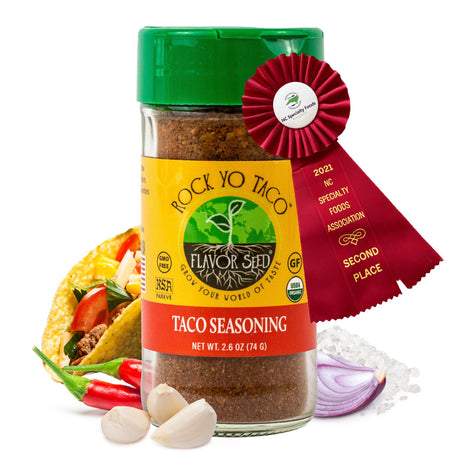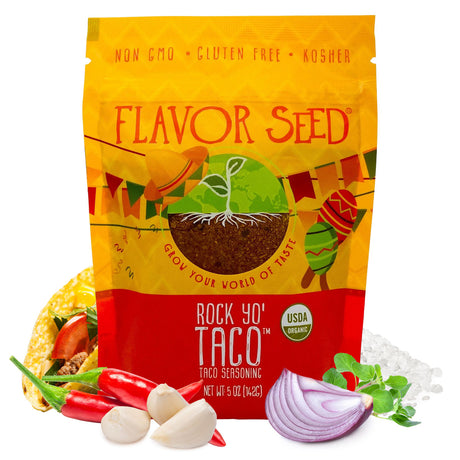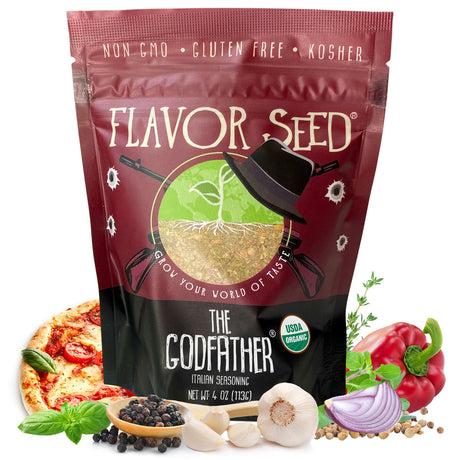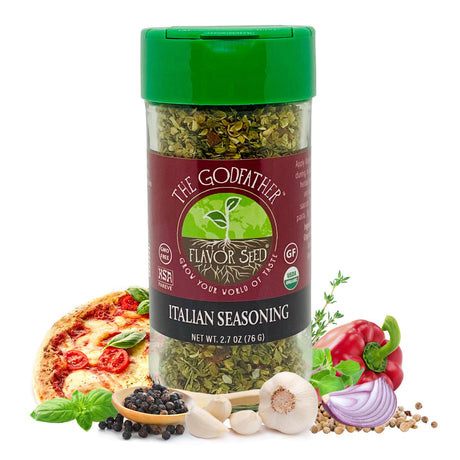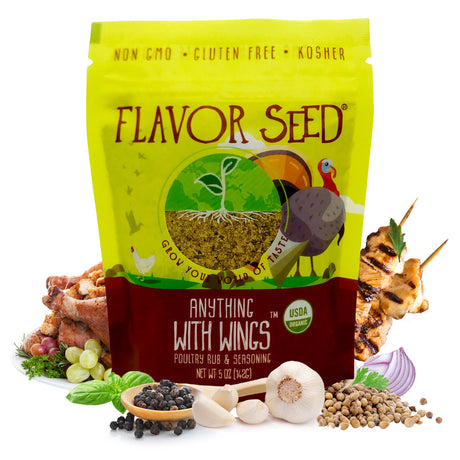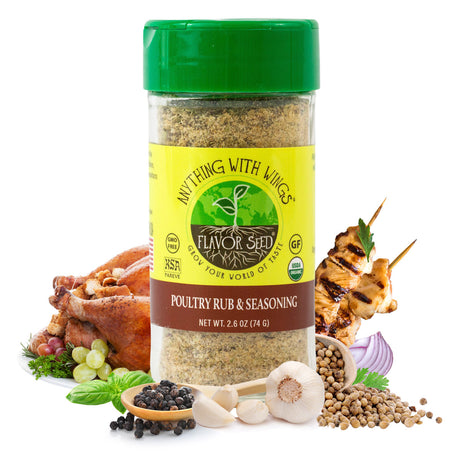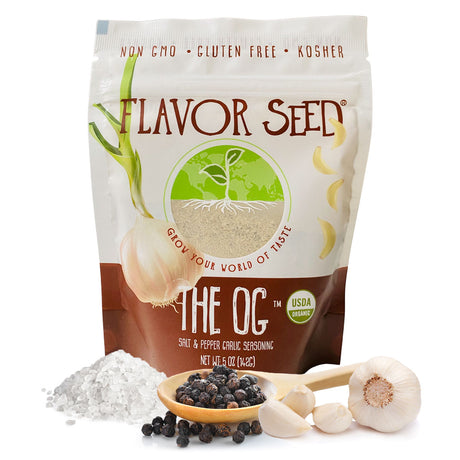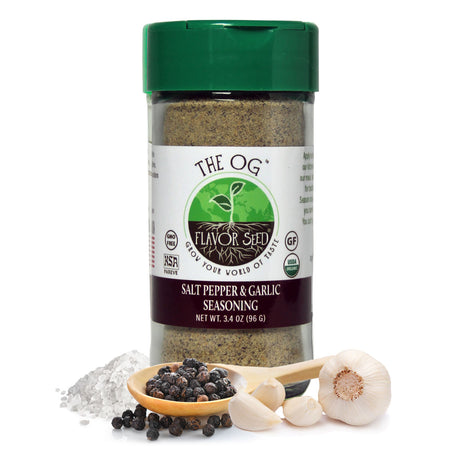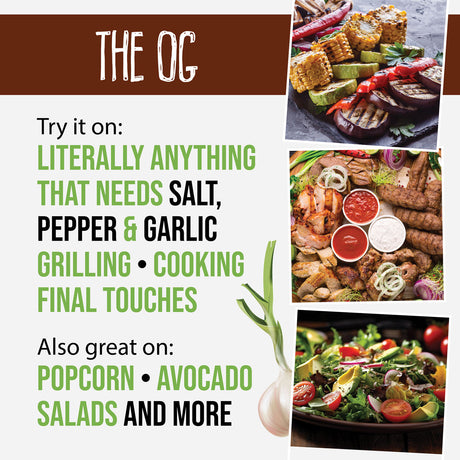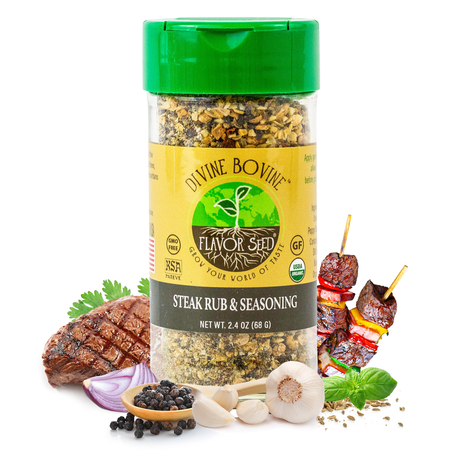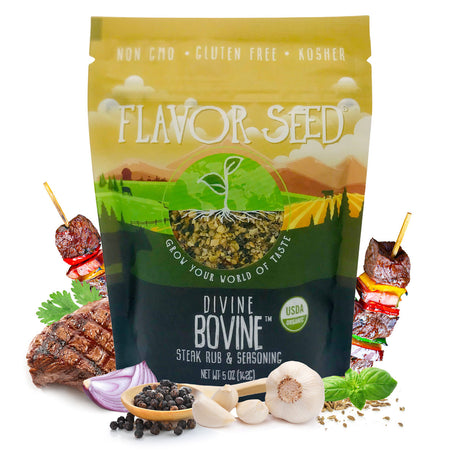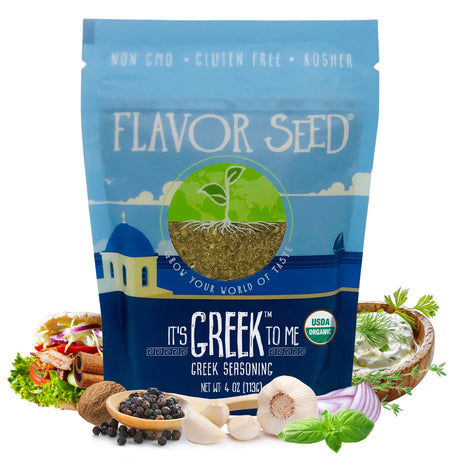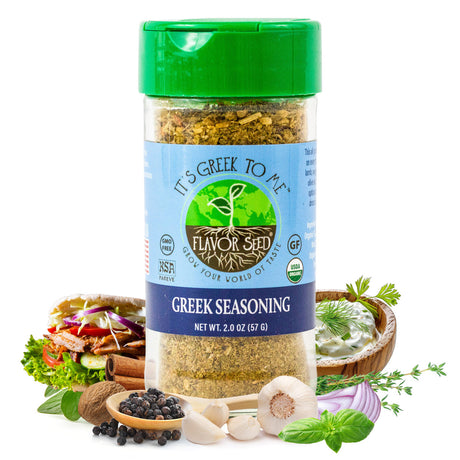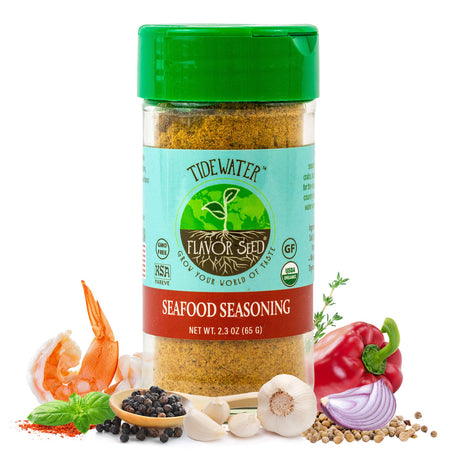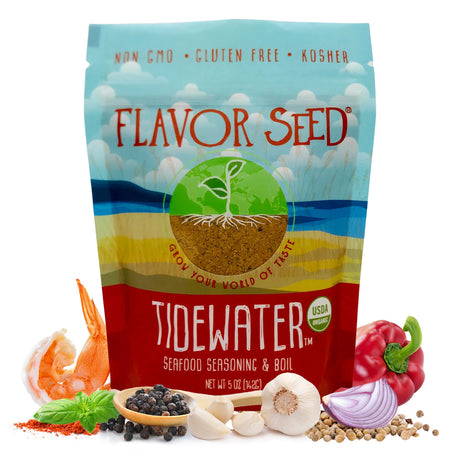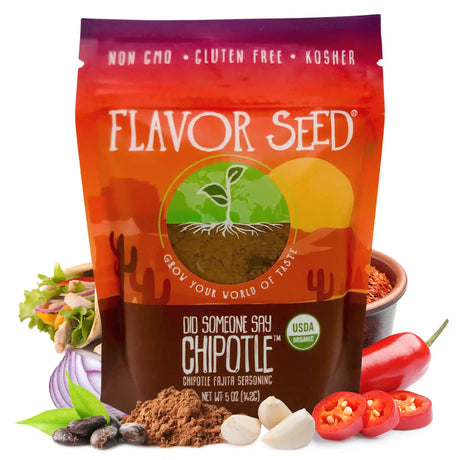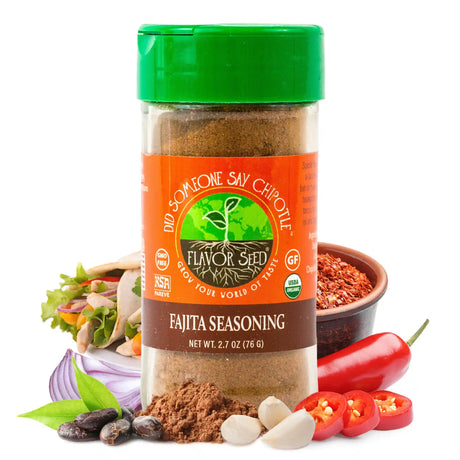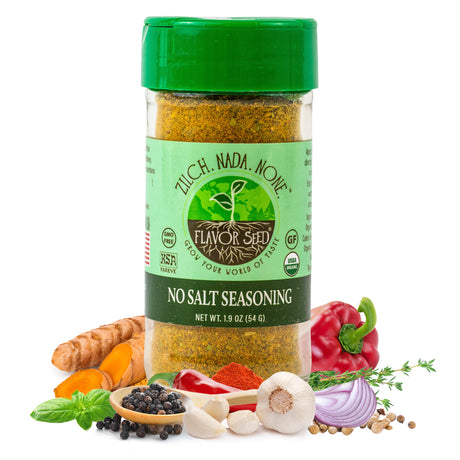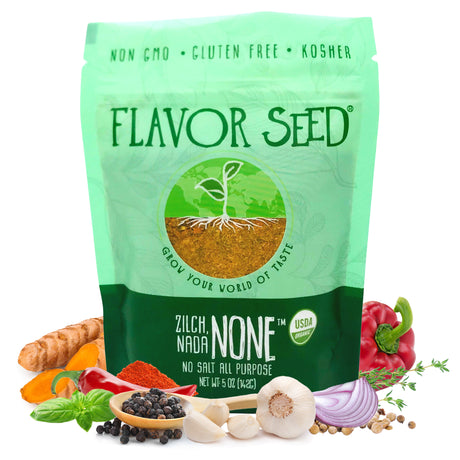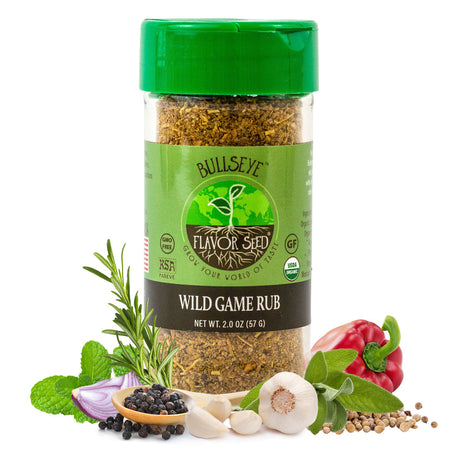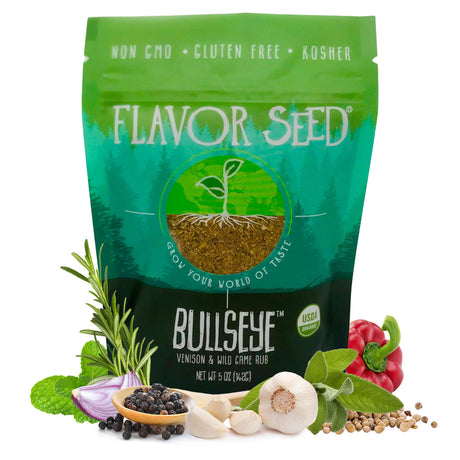Frequently Asked Questions
Shipping
Do organic seasonings make a difference?
Do organic seasonings make a difference?
Yes. Organic herbs and spices are produced without synthetic pesticides, fertilizers, GMOs or irradiation. They are steam‑sterilized instead of fumigated or irradiated, which helps preserve flavor and antioxidants. Organic spices also contain fewer pesticide residues and heavy metals and may have higher antioxidant levels. Workers benefit from reduced exposure to hazardous chemicals.
What is the healthiest seasoning to use?
What is the healthiest seasoning to use?
There is no single “healthiest” seasoning, but several spices offer unique benefits. Cinnamon can lower blood sugar and improve cholesterol. Turmeric contains curcumin, which reduces inflammation and may protect against cognitive decline. Ginger soothes nausea and reduces inflammation. Garlic supports heart health and may reduce cholesterol. Oregano has antimicrobial properties and promotes gut health.
Is buying organic worth the price?
Is buying organic worth the price?
Organic products typically cost about 50 % more because farmers must manage pests without synthetic chemicals and yields are lower. Nutrient content is similar to conventional foods, but organic foods reduce pesticide and antibiotic exposure. For produce with high pesticide residues like strawberries and spinach, organic may offer safety advantages. Whether the premium is “worth it” depends on your budget, health concerns and environmental values.
What’s the benefit of glass jars and resealable pouches?
What’s the benefit of glass jars and resealable pouches?
We offer our blends in both glass jars and resealable pouches so you can choose what works best.
Glass jars protect your spices from air, moisture and light, plus they’re recyclable and reusable – ideal for refills and a tidy pantry.
Resealable pouches are lightweight and reduce shipping weight, which helps lower our carbon footprint. They’re easy to store, cost‑effective for refills, and take up less space. Both options keep your organic flavors fresh while being gentle on the planet.

